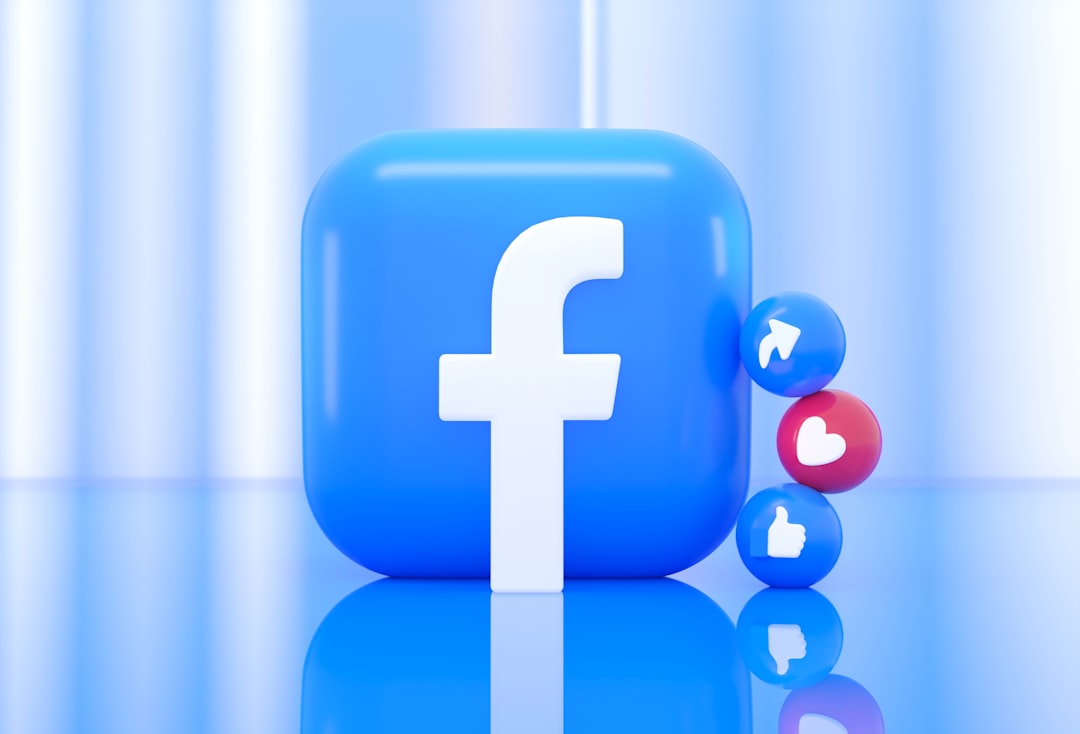As artificial intelligence continues to dominate conversations across industries, *ChatGPT* stands out as one of the most referenced tools in the landscape. With unparalleled capabilities in natural language processing, it is no surprise that ChatGPT frequently appears in various monitoring systems such as *Brand Radar*, and even in AI detection tools used for identifying machine-generated content.
But what exactly are these mentions about, and why do they matter?
ChatGPT in Brand Monitoring Tools
Brand monitoring platforms like *Brand Radar* are increasingly picking up references to ChatGPT, indicating its sweeping influence across different media. These tools track where and how a brand is being talked about online — from social media to blogs, forums, and mainstream news. The consistent appearance of ChatGPT shows that AI is not just a temporary trend, but a shifting paradigm in how we generate content, interact with technology, and run businesses.
When brands get mentioned frequently, it signals visibility and impact. For ChatGPT, mentions in monitoring platforms can help identify:
- Public sentiment and perception
- Industry influence in education, marketing, writing, and more
- Potential risks such as misinformation or misuse

AI Detector Tools: Can They Spot ChatGPT?
With the rise of AI-generated content, several companies have developed *AI detectors*. These tools claim to differentiate between human-written and AI-generated text, often citing models like ChatGPT as benchmarks for detection. While these tools are still evolving, their primary functions include:
- Identifying AI-written academic papers and assignments
- Filtering content in journalism and editing
- Verifying authenticity in user-generated reviews and comments
Educational institutions and publishers especially find these detectors useful. However, as ChatGPT becomes more sophisticated, it also becomes more challenging for AI detectors to reliably identify its content without producing false positives.

The Impact on Brand Communication
As ChatGPT makes its way into PR campaigns, customer service, content creation, and internal communication, the mentions in tools like *Brand Radar* reflect a growing acceptance. Businesses are not just talking about AI — they are using it.
Yet, with admiration comes skepticism. Not every mention is positive. Some critics raise concerns about the ethical use of AI, job displacement, and content authenticity. Tracking mentions allows companies to gauge the ongoing dialogue around AI and strategically respond to both praise and criticism.
Why It Matters
The visibility of ChatGPT in modern monitoring systems presents immense value for analysts, marketers, educators, and even developers. These insights offer a real-time pulse of how society is integrating AI tools into daily life and adapting to the changing dynamics of communication and knowledge sharing.
Frequently Asked Questions (FAQ)
-
Q: What is Brand Radar?
A: Brand Radar is a marketing tool that helps monitor where and how a brand is being mentioned across various platforms including social media, blogs, and news sites. -
Q: Can AI detectors definitively identify ChatGPT-generated text?
A: No, AI detectors are not foolproof. They can estimate the likelihood that text was machine-generated, but results are subject to errors and inconsistencies. -
Q: Why are ChatGPT mentions significant?
A: Frequent mentions highlight its growing role across industries, indicate trends in AI usage, and can influence public opinion and brand strategy. -
Q: How does this affect businesses?
A: Businesses can leverage these mentions for competitive analyses, consumer insights, and to strategize their own use or response to AI technologies. -
Q: Is it ethical to use ChatGPT without disclosing it?
A: Ethical standards vary by context. In academic or journalistic settings, undisclosed AI use can raise concerns. Transparency is generally encouraged.











